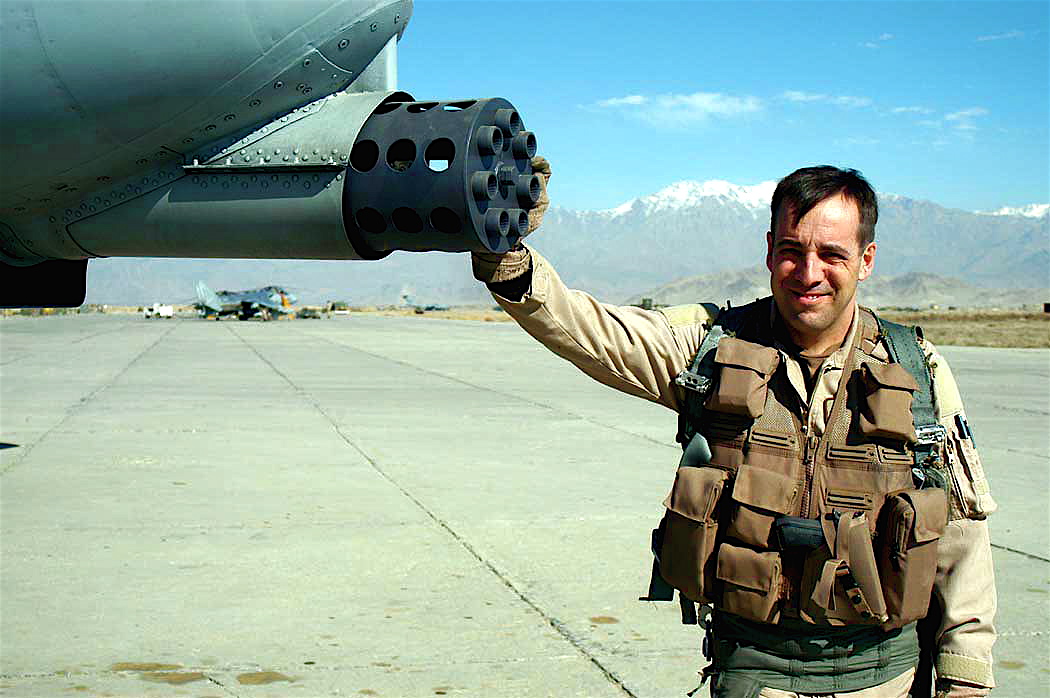I just finished reading Crisis in Baghdad: Leadership in a Risk Averse Environment by Gregory Marston. And I just need to talk about it.
I have always considered myself a good manager, a solid leader who chooses to mentor others and lead by example.
But I have long wondered what I would be like when truly tested. What would my leadership skills look like if something was going wrong? Or in an emergency situation? Or in a combat zone?
Colonel Gregory L. Marston is a graduate of the U.S. Air Force Academy and became a USAF and ANG pilot flying the A-10A, A-37B, OV-10 and C-141B over his 30-year military career. He flew 80 A-10A combat missions over Iraq and Afghanistan. He has been an A-10 Squadron, Group, and Wing Commander and has commanded USAF bases at Bagram AB, Afghanistan, and Sather AB, Iraq in combat operations. He has also been a Captain for American Airlines on the Boeing 727, 757,767 and 777 and the Airbus A-300.
If that isn’t enough, Marston has gone on to write this book to give an up close and person look at leadership in risk-averse environments, characterized by combat situations, specifically his time in Iraq in 2006. He calls Baghdad in 2006 a “tipping point” for the Second Iraq War and extremely dangerous with more than 50 civilian deaths per day. His command, Sather Air Base, was victim to many intermittent rocket attacks from Baghdad.
Crisis in Baghdad is the story of Marston’s tour in Iraq and his strength under literal fire – making critical decisions trying to reduce the sheer number of casualties. He identified and reported a myriad of issues affecting the strength of Sather AB, many of which were being constantly scrutinized by the enemy, who were looking for weakness. In his position as Commander, Marston not only found weaknesses, but exposed them and made it his mission to save lives and shore up defenses.
Marston is quick to point out that his book is not about the military, or the war, or even about saving lives. This book is about leadership strategies and driving home the point that just one person can make a difference.
He shows how so many people were content to take the path of least resistance, allow problems to remain simply to maintain the existing status quo. He touches on the trope of the military commander – shouting orders at their people, blind obedience, and “just following orders.” Marston was not one of those people.
“The best leadership is to convince one’s followers to take a particular course because it is in their best interest to do so.” – Colonel Gregory L. Marston
He talks about how many effective leaders charge down the front and show their people where to go, but that his simplest and most effective strategy was to argue, influence, and sway listeners to his way of thinking, gaining people who want to follow you, not just do it because they have to or were ordered to do so.
Marston’s book goes on to detail how he and his team made large and very critical changes and improvements to the safety of Sather AB during his tour there, even knowing previous base commanders had known about and ignored the problems.
By making his grievances known and airing the issues out, by taking a more difficult path full of resistance, Marston was branded as an “angry tyrant” by superiors back home in the United States, and was not given an earned promotion. Despite this, Marston worked hard to push safety and an iron will in his people.
Colonel Marston put the safety and security of not only his people, but the Iraqi people in Baghdad above and beyond his own career aspirations and comfort. By refusing to conform to the status quo, he made a true difference and helped aid the US military in the Second Iraqi War.
Though he would never call himself one, Marston is a true hero.


